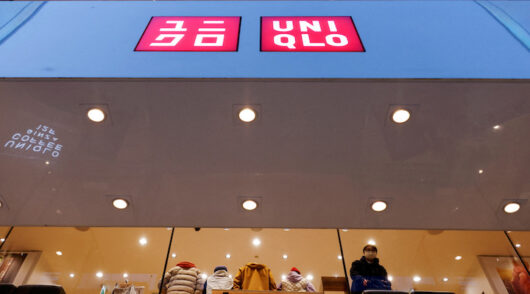Rising business costs have hit Sakae Holdings, which runs the Sakae Sushi chain internationally, with 10 of its 46 restaurants closed in the past few months.
Based in Singapore, the company also plans six more closures in the next four months.
Losing money for two years, Sakae Holdings saw its latest quarter net loss widen to S$5.2 million (US$3.6 million) from $4.7 million, while revenue fell 4.2 per cent. The group says it has made a provision of $3.4 million in its fourth-quarter results for the early termination of leases as it closes its non-performing restaurants.
However, founder Douglas Foo says he is “confidently optimistic” as the company is focussed on growing the Sakae brand overseas.
While the number of restaurants in Singapore will drop to about 30 this year, Sakae has 60-plus more in the region, including 40 in Malaysia. It will launch in Myanmar this year with up to three restaurants. Sakae has a small stake in another 80 restaurants in the region.
“The Singapore market is very challenging because the general costs of operations, rentals and labour have gone up, but other markets are much more stable,” says Foo, who is also president of the Singapore Manufacturing Federation.
“We are also competing with many more F&B establishments that have sprung up in malls as retail shops close. But all global brands go through the same rationalisation at some time.”
Diversification move
Meanwhile, he says Sakae is not banking its expansion hopes on restaurants.
“To wait for each restaurant to earn returns is going to take too long.” he says. The company set up Sakae Corporate Advisory in 2014 as part of a move to diversify into corporate advisory services to build financial resources for its global expansion.
The advisory unit last month bought 20 per cent of a Hong Kong beauty products trader and will help restructure its business. “Once it has restructured, we will help it to list, and some of the capital raised will be used to fund more restaurant expansion,” says Foo.
Also, the group has finalised a collaboration with Chilean seafood trading firm Cocosa Holdings by acquiring 51 per cent of Cocosa Export, which trades in canned and frozen seafood.
“The primary reason for that partnership is to ensure we have a sustainable seafood supply for our restaurants in the region,” says Foo. “We also trade part of our supply through our distribution network to hotels and foodservice companies.
“Gross profit margins for the food-trading business are still low because we have only just started working together. We’ll need time to get the margins up.”





